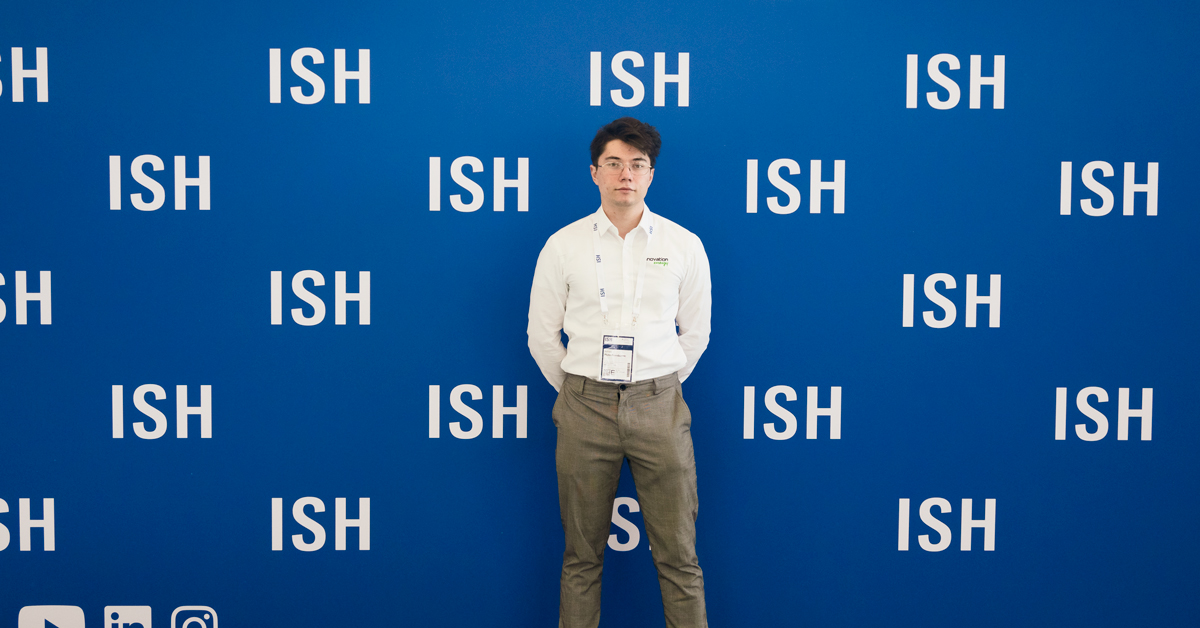What it does
Mighty Assist tackles the lack of autonomy/safety for dependents and caregiver burden. This tool acts as a conscious family member, providing everything from room functionality reminders to life-threatening alerts, ensuring dignity and peace of mind.
Your inspiration
My grandfather suffered from Alzheimer's when I was a teenager. Every day, I witnessed his struggles - a loved one trapped in his own body. Back then, I lacked the knowledge and tools to help. Today, I'm creating Mighty Assist to honor his memory. It's my mission to support families worried about their loved ones, just as I was. I want to transform those experiences into tangible aid. The problem of dementia is global: over 55M people currently suffer from it, with nearly 10M new cases annually. This number is estimated to exceed 139M by 2050. Mighty Assist offers hope and a tool for millions of families, ensuring safety and peace of mind.
How it works
I divide Mighty Assist's technology into two complementary parts: Hardware and Software. Hardware: I've developed the concept for a small, discreet device for every room. Its key elements include: - Voice Assistant: An integrated speaker and microphone for natural communication. - IoT Communication System: Connects with other smart home devices. - Status LED: Intuitively signals the device's operating mode. - Optional Smart Home Features: Potential to manage lighting or temperature. - Built-in Motion and Presence Sensors: Discreetly monitor activity and location. Software: At the heart of the system is advanced Software, which includes the AI core and learning algorithms. It processes natural language and learns from data provided by the family. To ensure broad compatibility, I plan to integrate with ready-made voice models (e.g., Amazon Alexa) and Smart Home systems (e.g., Google Home).
Design process
The first prototype (conceptual phase) was the initial vision for a device with a voice assistant and sensors, sketched on paper. Many preliminary ideas proved too complex or inefficient. This was a time of "brainstorming" and selecting the best concepts. The second prototype (MVP) focused on core functionality. I used a Raspberry Pi with a microphone, speaker, and several sensors. I struggled with communication stability and motion detection precision. Budget limitations prevented me from testing a wide range of sensors, necessitating iterations. Tests revealed shortcomings in reliability. I felt more work was needed. The third prototype (functional) was a significant improvement. I focused on miniaturization and optimization. I conducted tests in home-like conditions, gathering initial data for analysis. The first small successes emerged, but the device is still not ready for use by seniors. Current stage - electronics refinement: I'm currently intensively optimizing the prototype's electronics, aiming for maximum reliability and miniaturization. I plan to integrate all components onto a single, small PCB (Printed Circuit Board). This is key to mass production, reducing device size, and increasing its stability.
How it is different
Mighty Assist stands out with its exceptional personalization, constant presence, emergency alerts, and AI's ability to learn from family. Unlike competitors, my system allows caregivers to freely "implant" any personal details about a loved one's life history, relationships, or preferences into the assistant in a comprehensive way. My key innovation is a ubiquitous AI assistant in every room, programmed by the family. It can not only remind or monitor, but also engage in personalized conversations, patiently repeating information and and understanding the user's life context. This makes Mighty Assist a conscious family member, not just a tool. It also solves the problem of needing 24/7 presence, especially when the patient lives alone. This deep personalization and continuous presence are my core differentiators, offering authentic support.
Future plans
Currently, I'm intensively optimizing the device, creating subsequent versions. My goal is to refine a reliable and intuitive system and gather user feedback. My priority is to develop an application - the central management hub. Within this application, the next step will be integration with smartwatches. I also plan to optimize machine learning algorithms and expand the catalog of compatible IoT devices. Additionally, I'd like to introduce holograms or humanoid AI models that can replicate loved ones. I want the system to be available to everyone worldwide, but at the moment, I lack the funds for its rapid development.



Connect